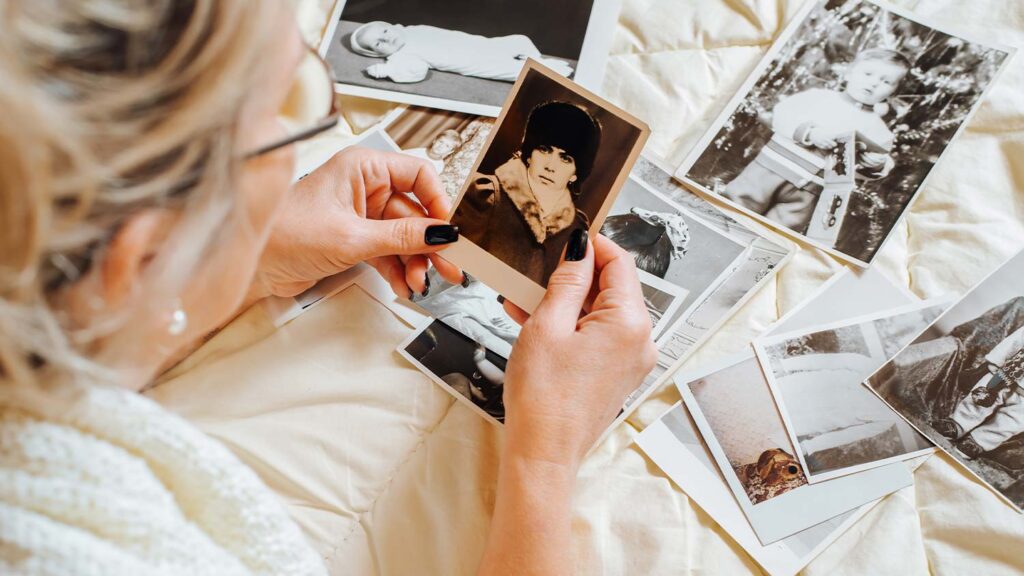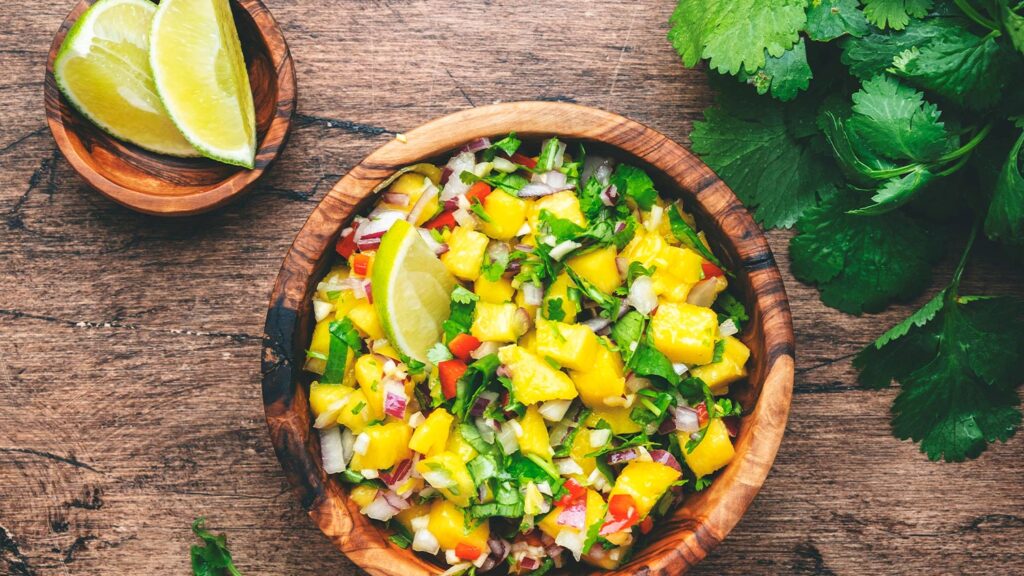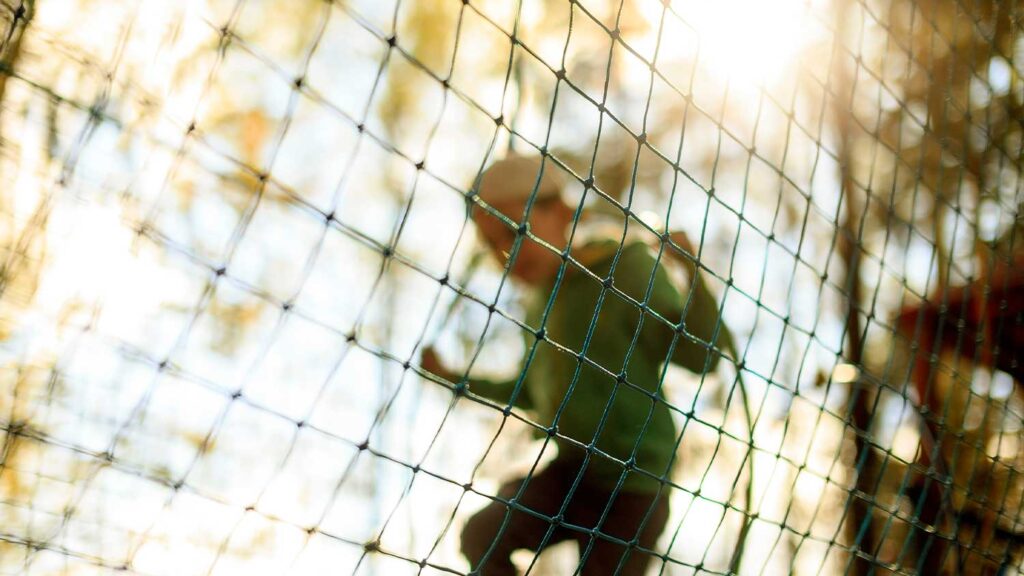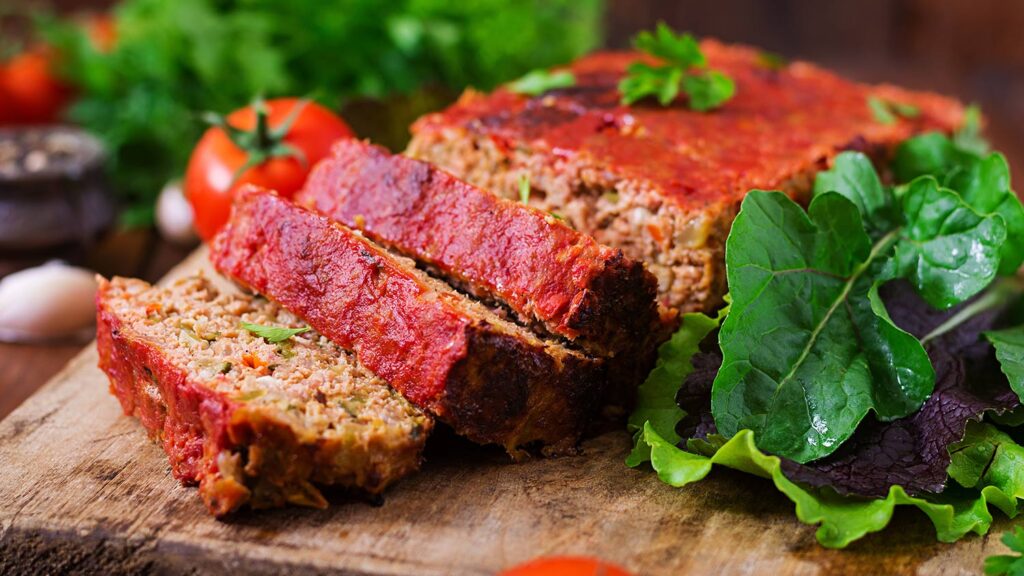The incarceration rate in the United States is the highest in the world with millions of people moving through the prison system each year. About 7% of those inmates are women, each with their own story. These women are wives, mothers, daughters and friends that we hope to understand better by diving into the realities of the prison system and the programs developed to help incarcerated women.
Women in prison by the numbers
- The number of women in prison has risen by almost 500% between 1980 and 2020.
- In 2019, about 40% of women in prison were there for violent crimes, 26% were for drug-related crimes and 23% were there for property-related crimes.
- Over 90% of women in prison have been abused at some point in their lives.
- Despite making up less than 15% of the U.S. population, Black women are about 30% of the women’s prison population.
- About 50% of women end up returning to prison after being released.
The struggles for women in prison
It’s tough for anyone to go to prison, but when most are built with men in mind, women can sometimes feel like a forgotten part of the system. There are a few ways their experience can be more challenging.
With fewer women’s prisons around the country, women are often sent to prisons further away from home. The further the distance, the more difficult it is for families and loved ones, who may not have the time or money to visit them. Plus, over half of the women in prison have kids that are still minors, and the distance is not easy for their little ones to travel.
These women are not only further from their support systems, but they can also have trouble getting the healthcare they need in prison. A lot of women need help with addiction or reproductive services, and prisons don’t set aside enough resources to treat them. Not to mention, these women face more abuse at the hands of guards and harsher punishments for breaking the same rules when compared to men. The system can be hard on them and there is always room for improvement.
Programs that help incarcerated women
Thankfully, there are plenty of programs that help women while they’re in prison and when they are released to go home to their families. These programs can make a huge difference in a woman’s life, especially when rehabilitation and education are the focus.
Education is proven to reduce the rate of inmates returning to prison by almost 50%, as having an education opens up more life-changing opportunities.
One of these educational programs is The Last Mile Computer Coding Program, which teaches web design and coding. These valuable skills can help women find good jobs outside of prison while building self-confidence. One woman who has gone through this program said she looked forward to the day when someone may see her as a web designer instead of a former inmate. Another spoke about how much the opportunity meant to her after not being able to attend college before she went to prison. By learning new skills in prison, these women were able to make the best of a difficult situation.
Federal Pell Grants can also help inmates with their education. In 2022, the program was expanded to allow even more inmates to take classes from participating colleges. These classes teach them practical skills that help them re-enter the workforce and look ahead to brighter days. With the recent expansion of the grants, there are now over 200 programs that inmates can participate in and prepare for life outside of prison. Even one grant can make all the difference!
Some of these programs can have an even bigger ripple effect, helping both inmates and the community around them. The Puppies Uplifting Prisoners’ Spirits program is a branch of the Little Angels Service Dogs organization. By pairing inmates with service dogs in training, the women have something to focus on that brings them joy, and the dogs learn all sorts of skills that allow them to help people in need. Programs like this show how devoting more time and resources to incarcerated women can make a world of difference.
Programs that help women outside of prison
When a woman’s sentence is finally up and she can go home, it’s not an easy transition. Thankfully, there are organizations working to help formerly incarcerated women. Whether it’s providing housing, counseling, child care or moral support, these programs help keep women out of prison and with their families.
Local programs that support women leaving prison
If you want to support programs that support women leaving prison, check out these local organizations:
- Family Preservation Program in Indianapolis, Indiana: This program helps incarcerated women maintain healthy relationships with their kids through mentorship and education.
- New Leaf-New Life in Monroe County, Indiana: New Leaf-New Life is helping former inmates with every step as they re-enter society.
- Safer Foundation in Chicago, Illinois: This program helps formerly incarcerated women gain employment training and job skills.
- Grace House in Chicago, Illinois: Grace House provides housing for women leaving prison and looking for employment.
Keeping women out of prison
These programs do amazing work, but one of the best things we can do for families and communities is to keep women from going to prison in the first place. With more opportunities for education, better mental health services, more support for women struggling financially and programs that help women escape abuse, communities can help keep more women out of prison.
The circumstances that send women to prison vary from person to person, but it’s clear that rehabilitation and education can make a huge difference. For women who want to be on a better path, we hope for policies and programs that help them heal and grow.















